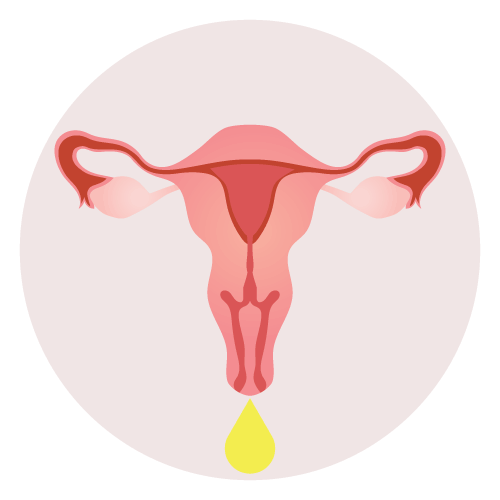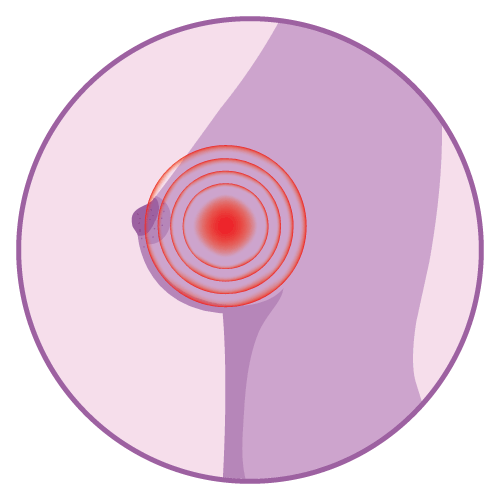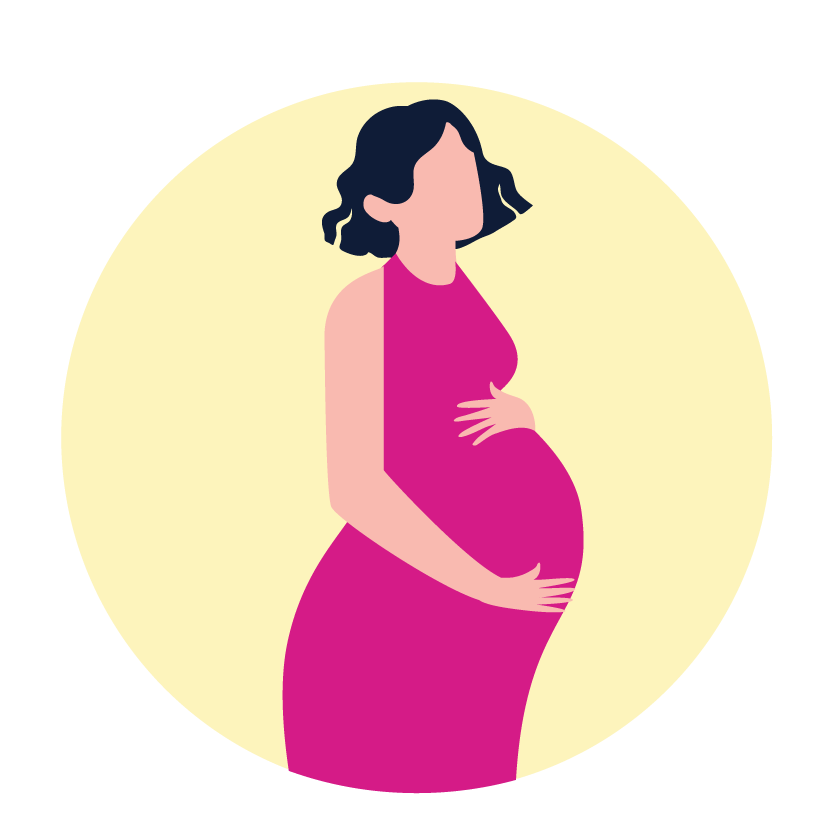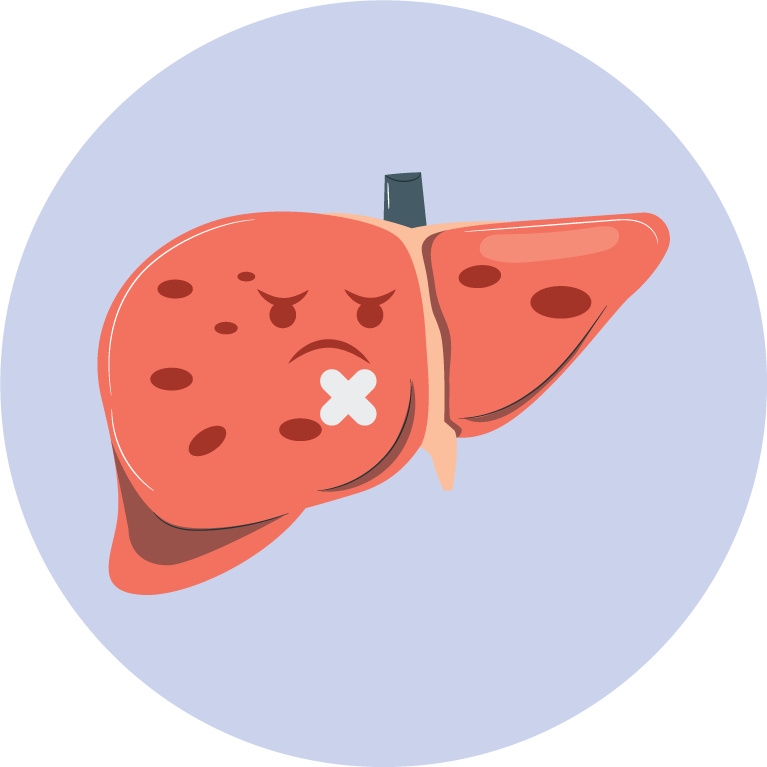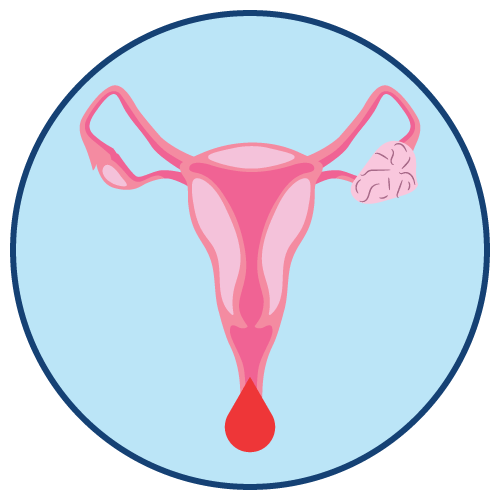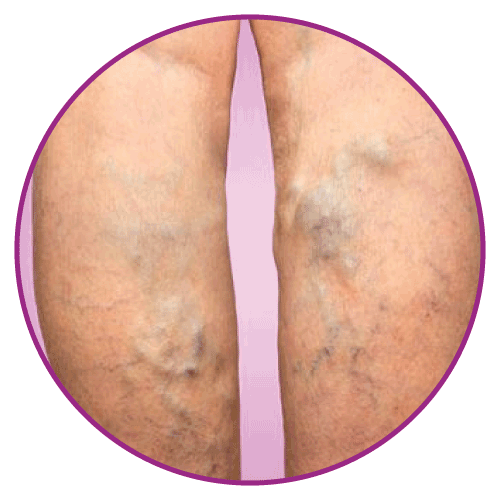| Name | Estriol |
| Classes |
Hormonal Agent Sex Hormone Steroid |
| Diseases |
Hormonal Disorder Infertility Vaginal Infection |
Estriol
Estriol is a natural estrogen hormone. Estriol binds to estrogen receptors in target cells, leading to the activation or inhibition of specific genes. It exerts its effects on various tissues, including the female reproductive system, breast tissue, and other estrogen-sensitive organs.
- Estriol is indicated for the treatment of moderate to severe symptoms of vulvar and vaginal atrophy due to menopause.
- It is used to relieve symptoms such as vaginal dryness, itching, burning, and discomfort during sexual intercourse.
- The dosage of Estriol may vary depending on the individual and the severity of symptoms.
- It is available in different forms, including creams, vaginal suppositories, and tablets.
- The healthcare provider will determine the appropriate dosage and administration method for each patient.
- It is important to follow the prescribed dosage and administration instructions provided by the healthcare provider.
Side effects of estriol include-
- Local irritation or discomfort at the application site (in the case of topical formulations).
- Vaginal discharge or spotting.
- Breast tenderness or enlargement.
- Headache.
- Nausea.
- Abdominal pain or bloating.
- Fluid retention.
- Mood changes or emotional instability.
- Skin reactions (rash, itching).
- Endometrial cancer: Estriol should be used with caution in women with a history of endometrial cancer or other estrogen-dependent tumors.
- Breast cancer: Estriol should not be used in women with a history of breast cancer or other estrogen-dependent tumors.
- Cardiovascular disorders: Estriol may increase the risk of cardiovascular events such as heart attack, stroke, and blood clots. It should be used with caution in women with a history of cardiovascular disease or risk factors.
- Gallbladder disease: Estriol may increase the risk of gallbladder disease. Caution is advised in patients with a history of gallbladder problems.
- Liver impairment: Estriol should be used with caution in patients with liver impairment or disease.
- Hormone-sensitive cancers: Estriol may stimulate the growth of hormone-sensitive tumors. It should not be used in patients with known or suspected hormone-sensitive cancers.
- Pregnancy and breastfeeding: Estriol is not intended for use during pregnancy or while breastfeeding.
Contraindication
- Hypersensitivity to estriol or any of the components of the medication.
None known.
Estriol is contraindicated in-
- Known or suspected estrogen-dependent tumors (e.g., breast cancer, endometrial cancer).
- Known or suspected pregnancy.
- Undiagnosed abnormal genital bleeding.
- Active or recent history of blood clots or thromboembolic disorders.
- Severe liver disease or impairment.
 Bangla
Bangla English
English


